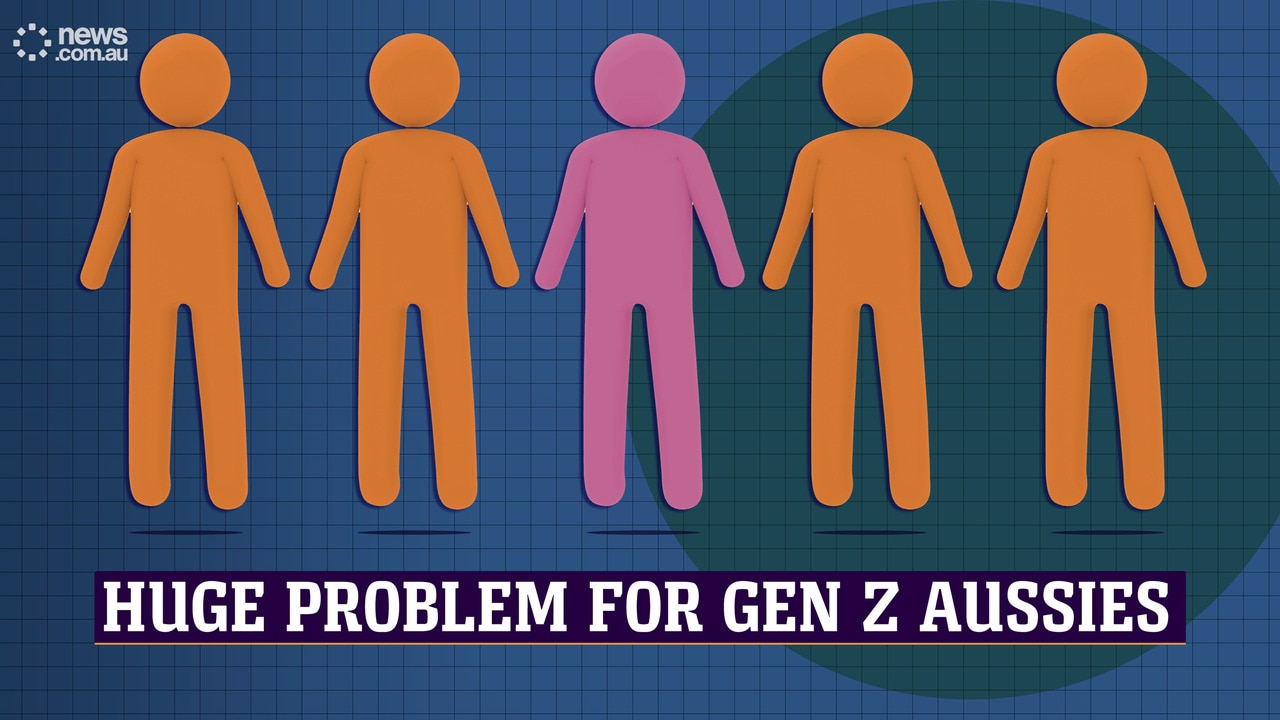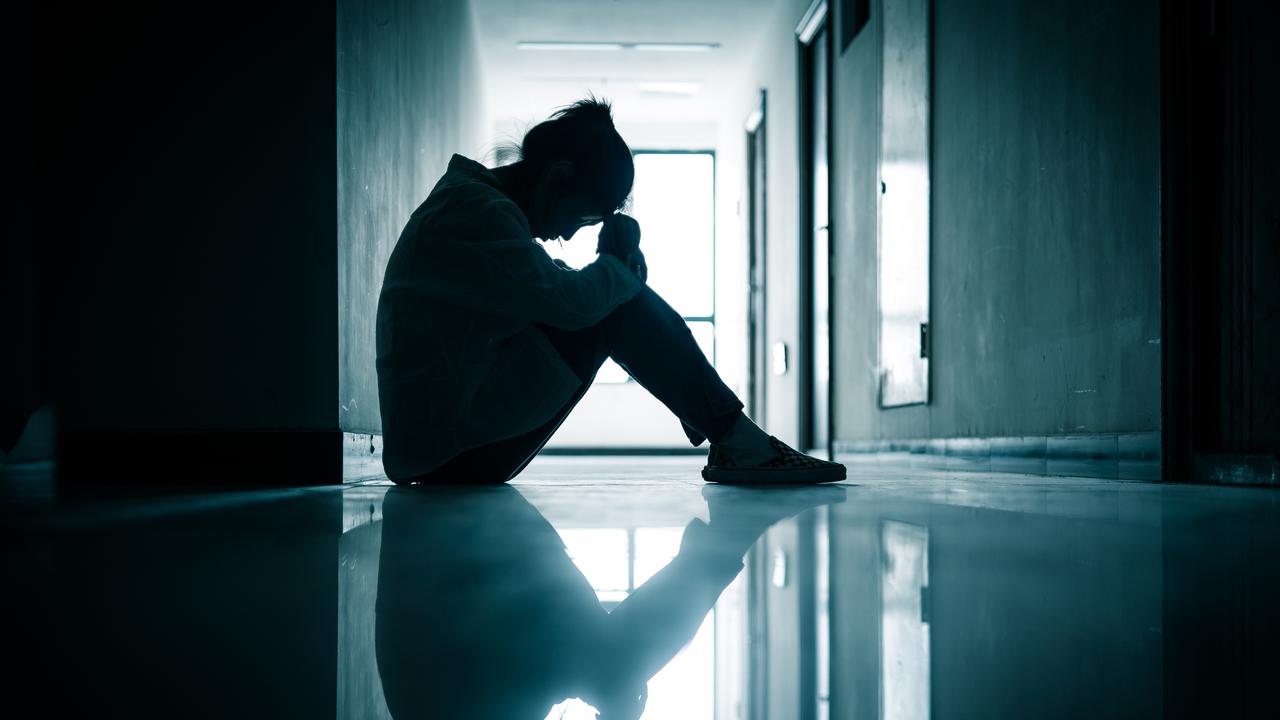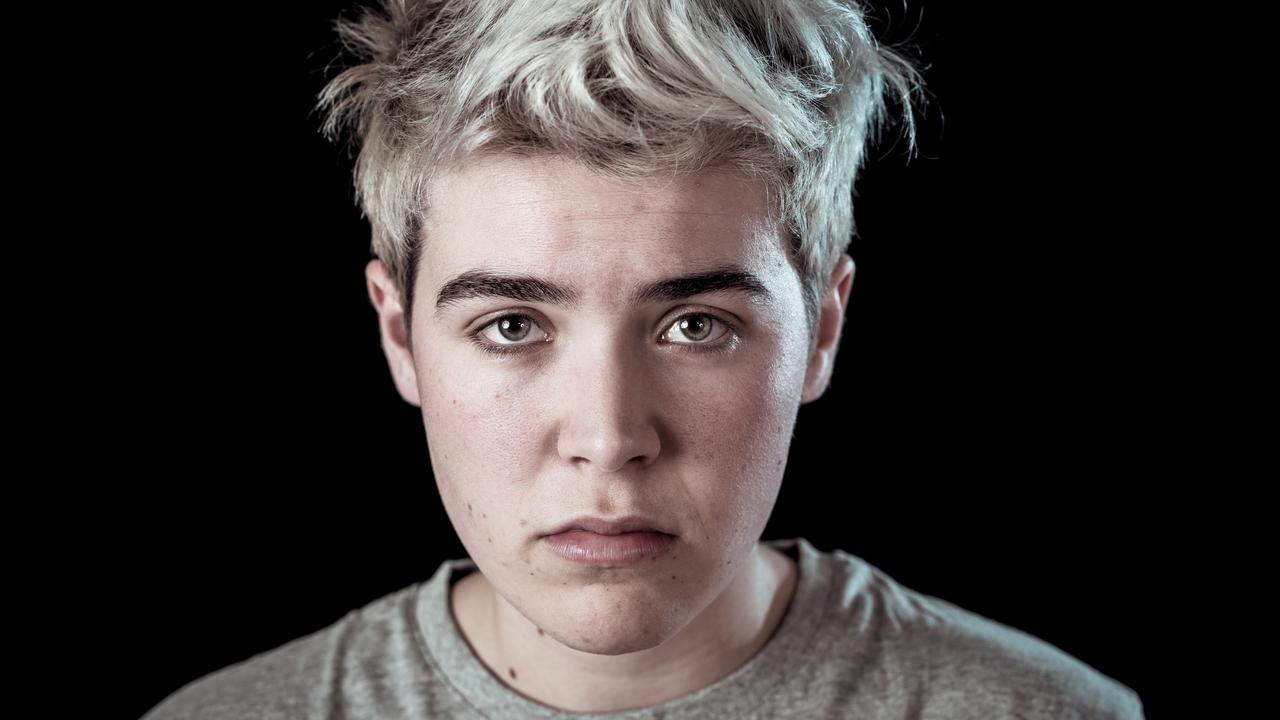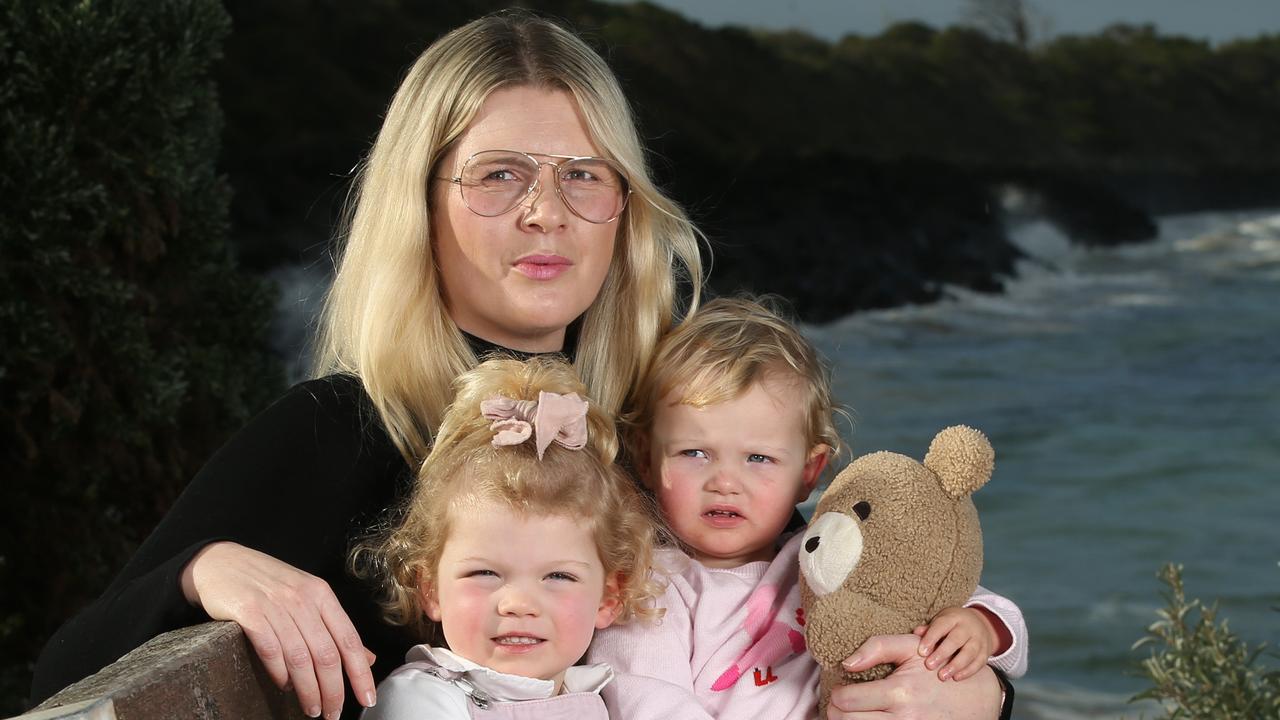There’s a silent epidemic threatening the lives of Aussies
Your body is giving you signs, every day, that you are most likely ignoring, at your peril. But it’s not too late.

Health
Don't miss out on the headlines from Health. Followed categories will be added to My News.
Something sinister is afoot inside the minds of Australians, warn psychologists, but there are limited options when it comes to documenting its spread.
According to research conducted between 2020 and 2022 by the Australian Bureau of Statistics (ABS), more than two in five Australians aged 16–85 years have experienced a mental disorder in their lifetime, with one in five Australians experiencing a mental disorder in the 12 months preceding the study.
One in four Australians will be affected by an anxiety disorder in their lifetime, but it’s the suffering we don’t yet have statistics for that has mental health experts sounding the alarm.
“For a person experiencing anxiety to be diagnosed with an anxiety disorder, the symptoms must meet a certain threshold,” explains psychologist Anoushka Dowling, adding that a collection of symptoms known as ‘subclinical’ or ‘subthreshold’ anxiety is also on the rise.
“For people with subclinical anxiety, the symptoms are similar but below the threshold for diagnosis,” she explains.
“They may experience frequent and persistent worry (about work or other everyday situations), restlessness, troubles sleeping, tension in the body and difficulty concentrating. Ultimately, subclinical anxiety doesn’t significantly impact your life and daily functioning, for example you are still able to work, socialise, and carry out responsibilities, but it can still be intense.”
A few studies have attempted to quantify the impact of subclinical anxiety in recent years, with one British study finding it to be ‘a common, recurrent and impairing disease with verifiable morbidity that claims significant healthcare resources and as such should receive additional research and clinical attention.”
Australia is in the grips of a mental health crisis, and people are struggling to know who to turn to, especially our younger generations. Can We Talk? is a News Corp awareness campaign, in partnership with Medibank, equipping Aussies with the skills needs to have the most important conversation of their life.
Ms Dowling believes the reasons for the growing number of anxious Aussies are multifaceted.
“My clients are consistently reporting that cost of living pressures increase feelings of anxiety, which then leads to stress relating to income, job security and housing stability,” she explains.
“From a global perspective, increased natural disasters, global unrest, climate change and political unease create an undercurrent of anxiety that is exacerbated by time spent on social media and the greater connectivity with the global community at any and all hours of the day. When laid out like that, it is little wonder that anxiety is increasing in Australia, especially among young people.”
Indeed, as with many mental health disorders and symptoms, our nation’s young people appear to be the canaries down the coalmine, with research commissioned by health insurer Medibank finding that Gen Z is the least confident generation when it comes to managing their mental health, with two thirds of 18-30 year olds saying they would find it hard to tell older close family members they were having challenges.
“It’s quite a confronting situation,” said Black Dog Institute executive director Sam Harvey, while Orygen executive director Professor Patrick McGorry called youth mental health “Australia’s national crisis.”


When it comes to subclinical anxiety, says Dowling, there are actually a range of interventions we can make to try and prevent things becoming worse.
“One of the most important steps is to pay attention to your thoughts and your body and notice the feeling of anxiety,” she explains.
“What signs is your body giving you? Sleep disruption, muscle tightness, clenching jaw, inability to rest etc are all good clues. You can implement mindfulness or breathing techniques to support relaxation. Following this, practice self-care strategies, connect with your friends to talk through your worries, ensure your sleep, nutrition and routine is healthy, and reach out for support through a professional if possible as preventing your anxiety from progressing is key.”

And while avoiding the distress caused by subclinical anxiety should be a priority, Dowling cautions that understanding anxiety and its role in our lives is also crucial.
“It is important to note that feeling anxious is a normal part of human life,” she says.
“Being mentally well doesn’t mean that you won’t experience feelings of anxiety, it just means that you can manage these feelings and stay within a healthy level of functioning. Mental wellbeing is about ensuring you have the social, emotional and psychological resources to manage periods of anxiety. The key is ensuring you have a combination of internal and external coping strategies that you can draw from when needed.”
Dowling suggests strategies like mindfulness, relaxation, journalling, goal setting, connecting with friends and family, exercising, and engaging in hobbies for enjoyment can all form a good scaffolding for coping with anxiety of any kind.
“Building a good foundation means we can default back to a healthy space when anxiety arises,” she says.
Originally published as There’s a silent epidemic threatening the lives of Aussies








